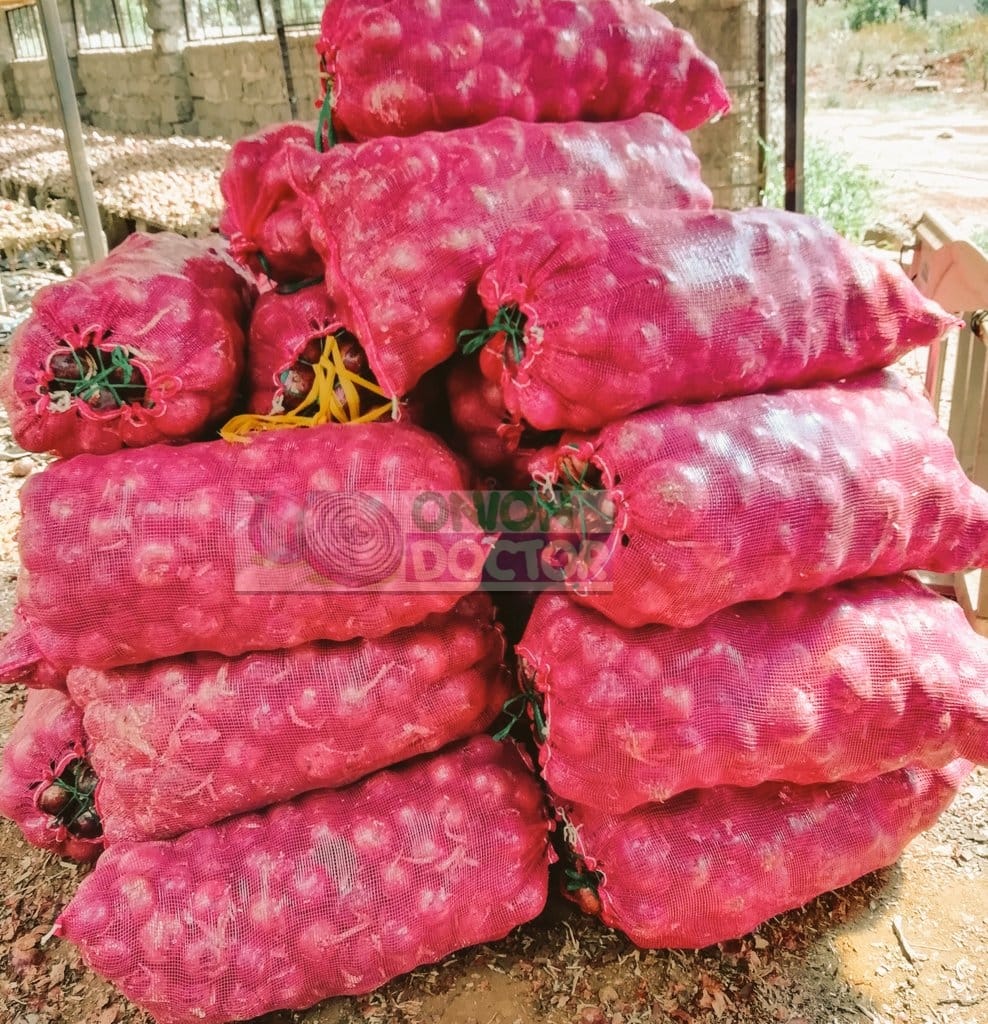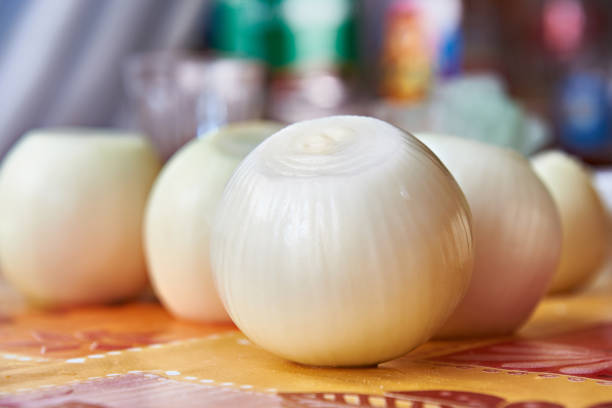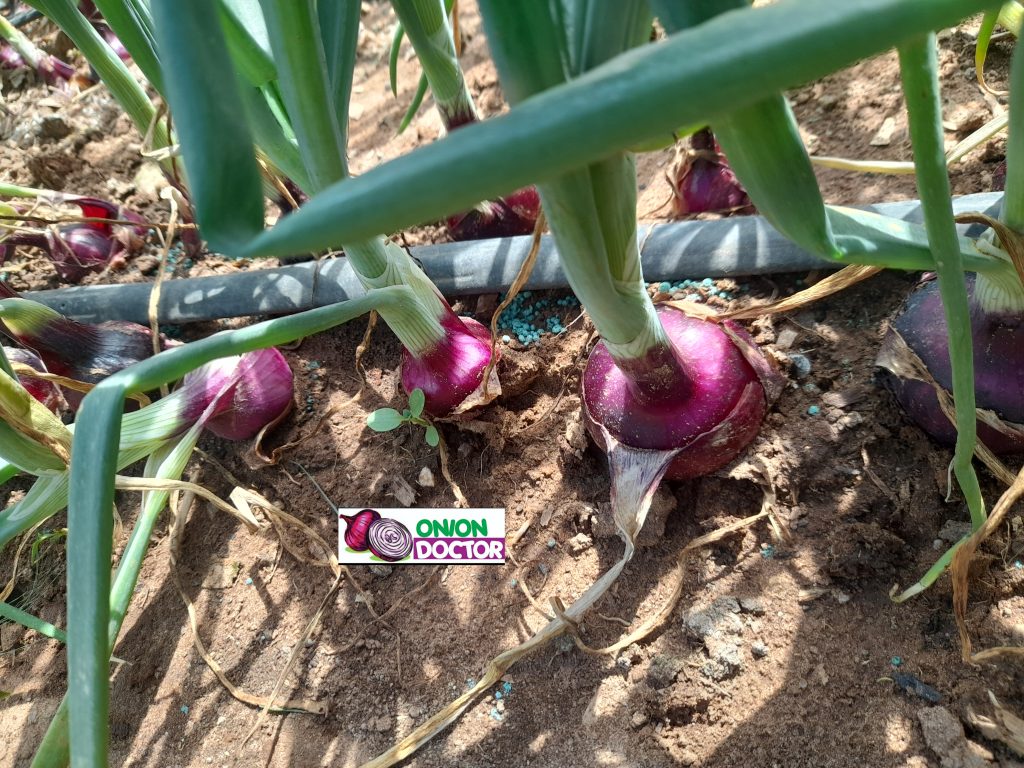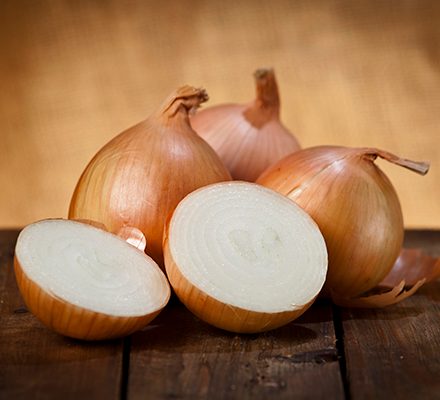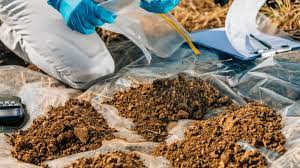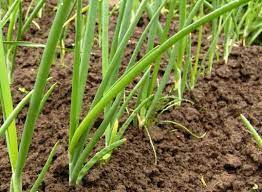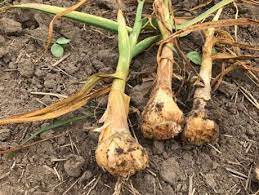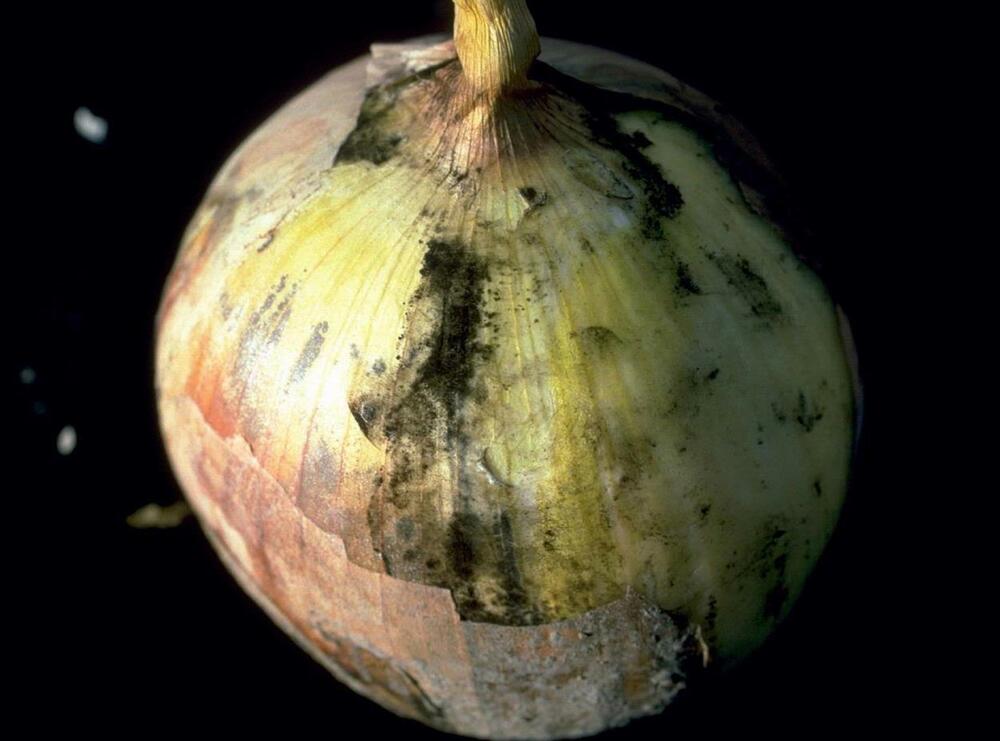ONION FARMING IN KENYA:GREEN HOUSE ONION FARMING IN KENYA.
Are you in need of in-depth knowledge on onion and garlic production? If yes, we are a call away. Contact us for: Onion seedlings, Garlic seedlings, Germinated garlic cloves, Farm planning services, Soil testing, training on onion and garlic growing, Drip irrigation installation and maintenance, Agronomic support, Onion and Garlic value pack and Farm management. For free consultation, placing orders or booking a visit with an agronomist, please contact us via Call or what’s app +254703982228, Email: Info@oniondoctor.co.ke. You can also check out our social media handles for daily updates on TikTok: https://www.tiktok.com/@oniondoctorke?_t=ZM-8wmsTu0qumO&_r=1 Instagram: https://www.instagram.com/oniondoctorke?igsh=MTVoaHF3aWUydTJzaQ==Facebook:https://www.facebook.com/share/16SwgYn2dG/ Youtube:https://youtube.com/@oniondoctorke?si=u5Jnd-r0qU9UDYqL and Twitter: https://x.com/OnionDoctorKe?t=FR3JXlS_oN1vjjUgAtfyzg&s=09 It is important to note that farming onions in a greenhouse is not economically viable. However, onions can be grown in the green house for the purpose of crop rotation , intercropping and companion planting. Onions act as a good rotational crop to tomatoes and capsicum . They take 3 months after transplanting to mature. So as to fully utilize the space in a greenhouse, we recommend an inter-plant spacing of 7.5cm and inter-row spacing of 20cm . If the drip irrigation set up in your farm has 30cm emitter spacing ,we recommend planting four onions round each emitter. If you would like us to help you in determining the onion plant population for your greenhouse, please do not hesitate to contact us. We will recommend the variety ,quantity needed and you can purchase the seedlings from us. Onion Doctor supports small holder farmers across Africa with quality and affordable Onion and Garlic seedlings, Onion seedlings, Farm planning services, Soil testing, Drip irrigation installation and maintenance, Agronomic support, Onion and Garlic value pack, Farm management, E-extension and on-farm training for farmers to optimize on yields and get maximum profits.
